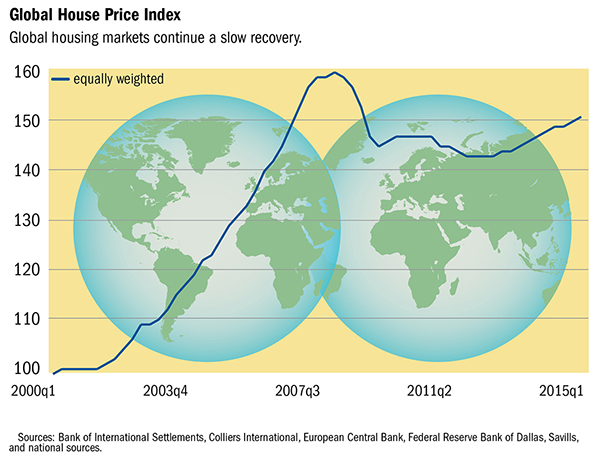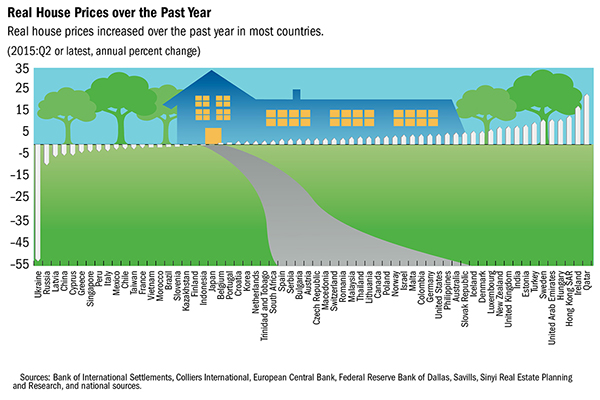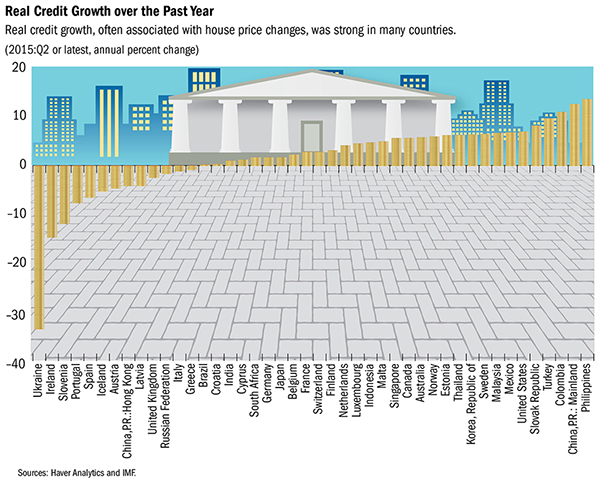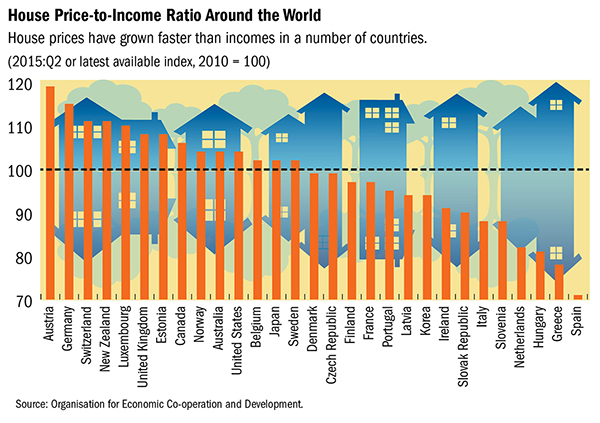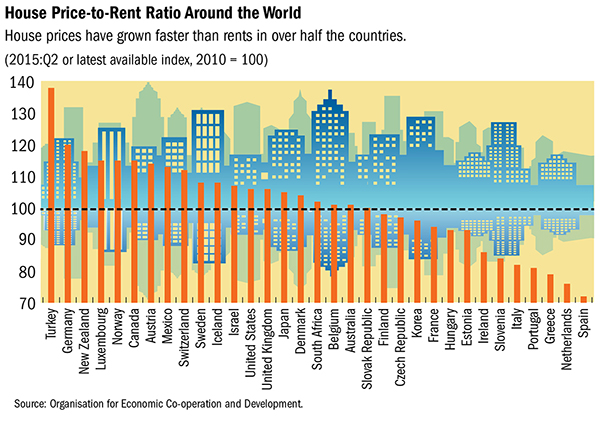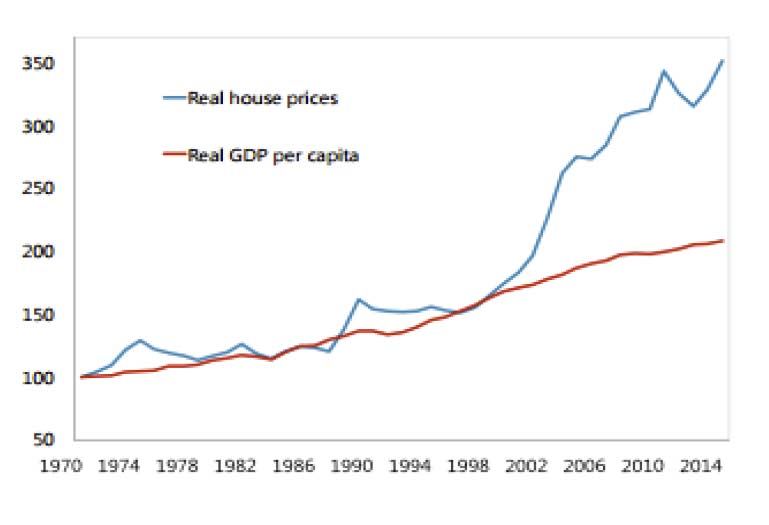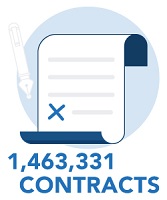According to ASIC, the Federal Court has awarded penalties totalling $1.25 million against consumer leasing company Make It Mine Finance Pty Ltd ACN 130 102 411 (Make It Mine) for breaching consumer credit laws, including its responsible lending obligations.
The Court handed down the penalty following its 28 April 2015 decision that Make It Mine failed to disclose important information to its customers, breached various responsible lending obligations and operated for a period whilst unlicensed (refer: 15-093MR).
His Honour Justice Beach made reference to the strong public interest in imposing penalties to deter other operators who fail to comply, stating that: ‘The consumer lease industry is growing… The undesirable practices of operators in consumer leasing and, by analogy, credit contracts for purchase by instalments, are a matter of significant public interest and importance, and are capable of serious adverse impacts on the most vulnerable members of the Australian community.’
His Honour was clear in conveying a message that businesses dealing with vulnerable consumers must take considerable care in complying with and implementing statutory safeguards designed for the protection of those consumers. In particular, ‘Commercial behaviour leveraged off the vulnerability of others will be closely scrutinised and disciplined’ where businesses fail to comply with the legislation.
The decision demonstrates that tough penalties will be imposed on credit licensees who fail to comply with their obligations under the National Credit Act, including responsible lending obligations.
ASIC Deputy Chair Peter Kell said, ‘As ASIC found in its report on the consumer lease industry issued in September 2015, the market for consumer leases is delivering poor outcomes for many consumers.’
‘Particularly given the very high cost of leases which are often taken out by vulnerable consumers, it is imperative that consumer lease providers disclose all information necessary to enable consumers to make an informed decision, and comply fully with their responsible lending obligations, including making proper inquiries about the consumer’s income and living expenses and obtaining all necessary information to enable a meaningful suitability assessment to be made. Relying on consumers being able to make payments as long as they are in receipt of Government benefits is not a substitute to making these inquiries.’
In addition to the penalties, in September 2015, Make It Mine agreed to the imposition of a condition on its credit licence by ASIC. This licence condition will require Make It Mine to engage an independent external compliance consultant to conduct a review of and report to ASIC on Make It Mine’s policies and procedures to ensure compliance with consumer credit laws.
Download the judgement
Background
Make It Mine supplies computers and household white goods to customers in receipt of Centrelink benefits. As at 30 June 2015, 17,493 Centrelink customers had a current Centrepay deduction authority for payments to Make It Mine. The total dollar amount in Centrepay deductions paid to Make It Mine during the 2014/2015 financial year was over $30 million.
ASIC received complaints from Murray Mallee Family Care in Dareton and NSW Legal Aid in 2013 which prompted ASIC’s initial surveillance. The NSW Office of Fair Trading also received complaints about Make It Mine.
The findings which led to the Court imposing the penalties were made in a proceeding brought by Make It Mine itself, and another proceeding commenced by ASIC, which were consolidated and heard together. Most of the key facts in the proceedings were undisputed and Make It Mine largely admitted the conduct.
The breaches related to:
- The failure to inform customers of the cash price, or market value, of the goods they were purchasing on a sale by instalments basis, as well as the interest rate and total amount of interest to be paid in relation to more than 24,000 contracts entered into between July 2010 and March 2013;
- The failure to make any enquiries about the financial position of more than 20,000 customers between April 2011 and March 2013. This included failing to make an assessment as to whether the contract was suitable; and
- Unlicensed conduct in relation to more than 3,600 contracts entered into between July 2010 and April 2011.
In November 2014, ASIC commenced civil action against Make It Mine (refer: 14-316MR).
In September 2015 ASIC issued its report on consumer leases (refer: 15-249MR).

